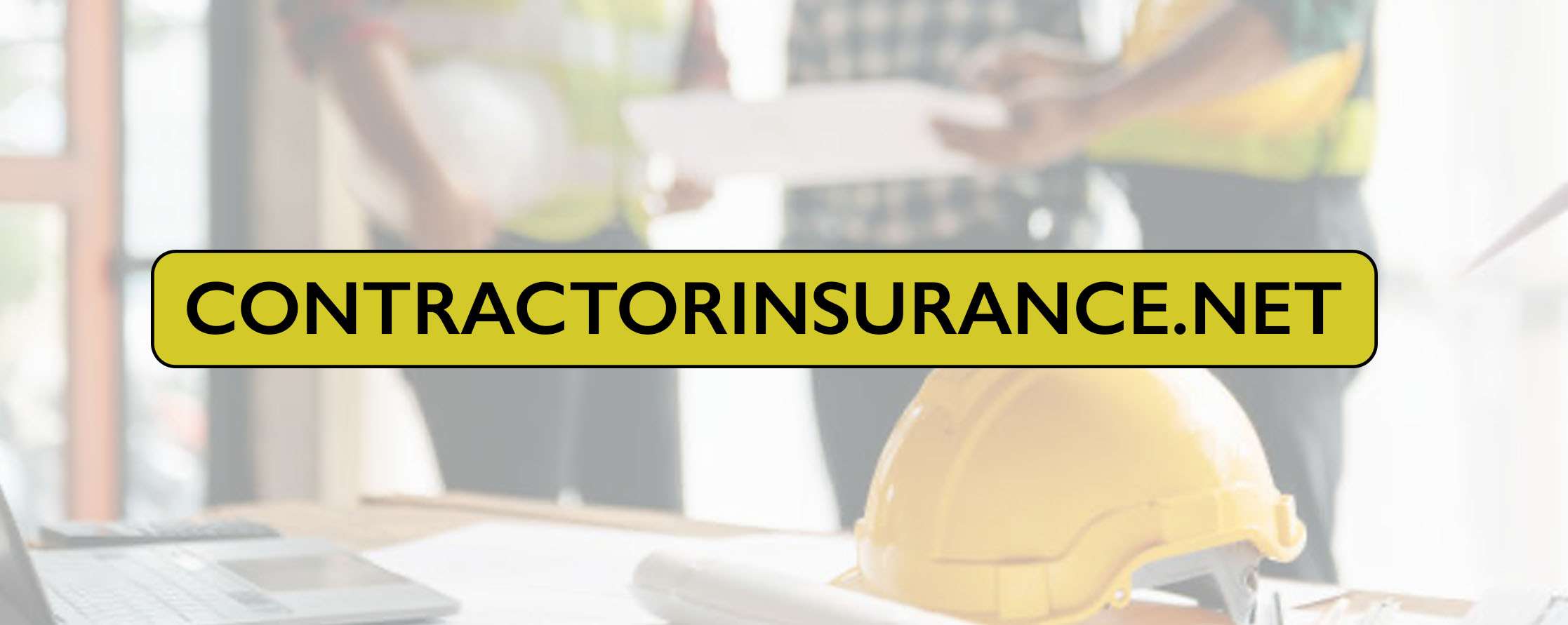General Liability Insurance
General Liability Insurance
General Liability Insurance is a vital protection for any individual or business. To Contact us, use the link below. You will be directed to our Athena Insurance & Financial Services website to complete a contact form.Insurance Service provided by Athena Insurance and Financial Services.
CA Broker #0588228 | National 2709340



No responses yet